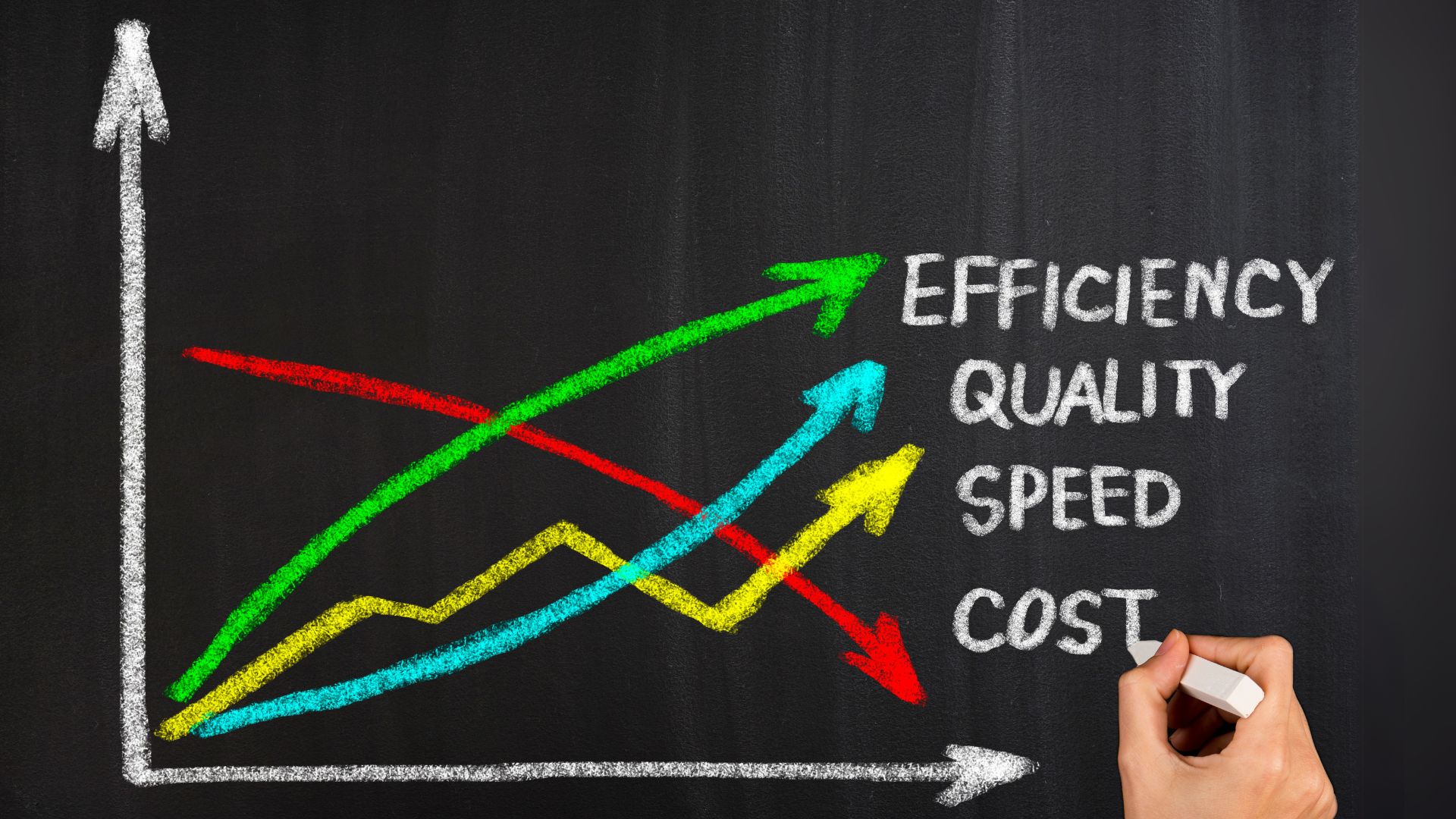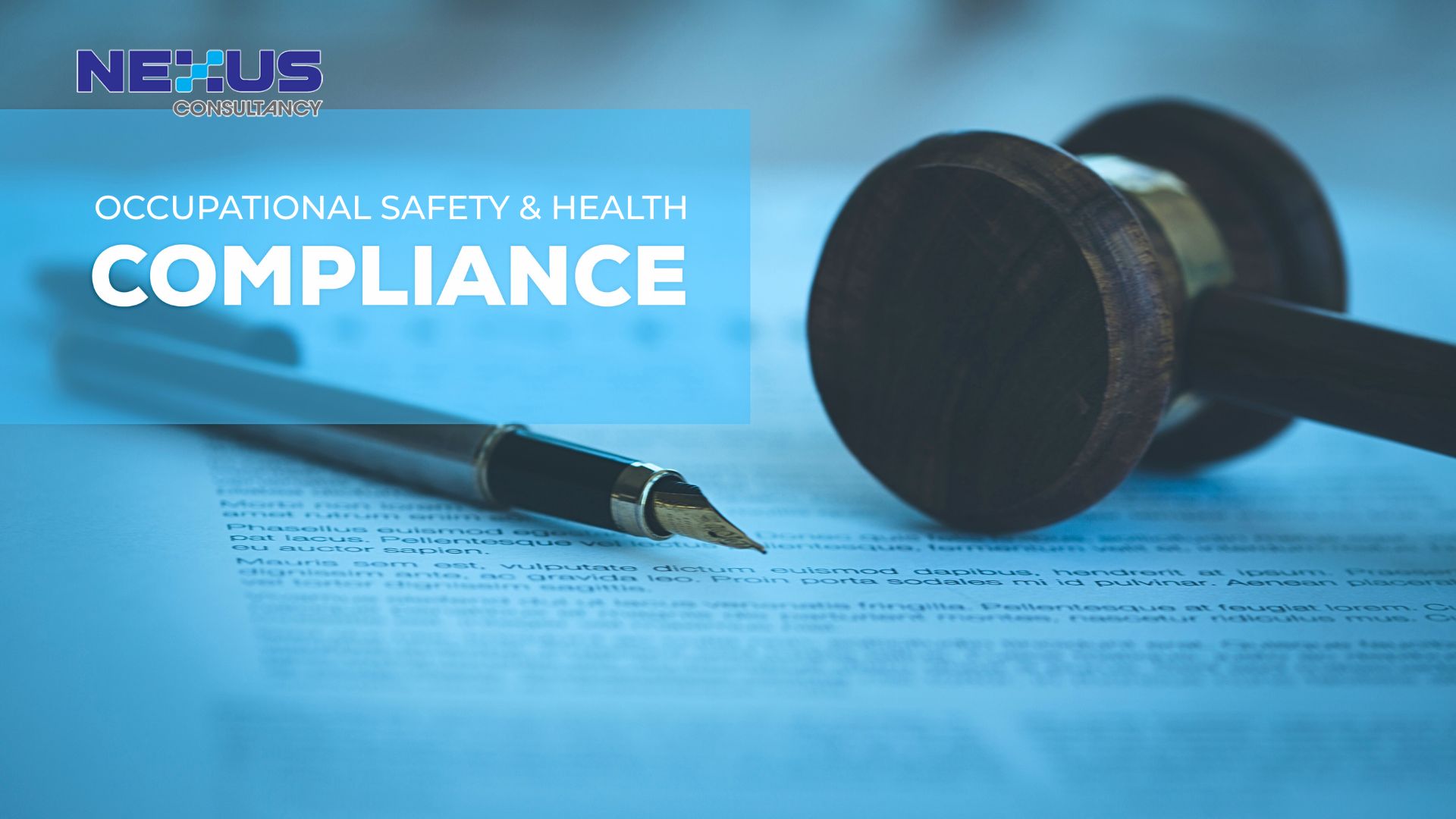
Danielle Tan
Chief Operating Officer
Discover the importance of sustainability reporting for SMEs and how ESG strategies drive growth, boost competitiveness, and ensure long-term success.

In today’s rapidly evolving business landscape, sustainability is no longer a luxury or a trend—it’s a necessity. While large corporations have long been at the forefront of sustainability efforts, small and medium enterprises (SMEs) are increasingly realizing the importance of sustainability reporting. Though it might seem daunting for smaller businesses, sustainability reporting offers substantial benefits that go far beyond compliance. It is a strategic tool that can drive growth, enhance reputation, and secure the long-term viability of a business.

What Is Sustainability Reporting?
Sustainability reporting is the process of disclosing an organization’s environmental, social, and governance (ESG) performance. It helps businesses measure their impact on the planet and society, while also showcasing their commitment to responsible practices. Popular frameworks like the Global Reporting Initiative (GRI) and simplified versions tailored for SMEs allow organizations to present this information in a structured and transparent way.
For SMEs, the journey may start small but can grow into a valuable practice that aligns with business goals and stakeholder expectations.
The Business Case for SMEs

01. Enhancing Market Competitiveness
Consumers today are more discerning, favoring businesses that align with their values. Sustainability reporting allows SMEs to showcase their commitment to ethical and responsible practices, helping to attract eco-conscious customers and build loyalty. Many larger companies in supply chains also require their smaller partners to report on sustainability, making it a critical factor in staying competitive.
Moreover, sustainability reporting can differentiate SMEs in crowded markets. Whether it’s highlighting reduced carbon emissions, community engagement, or ethical sourcing, a well-crafted report serves as a marketing tool to stand out from competitors

02. Building Trust with Stakeholders
Transparency is a cornerstone of trust. For SMEs, a sustainability report demonstrates accountability to customers, employees, suppliers, and investors. It shows that the business is proactive in addressing environmental and social challenges. This can lead to stronger relationships and increased stakeholder loyalty.
Investors, in particular, are increasingly focusing on ESG metrics to evaluate risks and opportunities. SMEs that embrace sustainability reporting can attract impact investors and gain access to funding that prioritizes businesses with a positive social or environmental impact.

03. Improving Operational Efficiency and Cost Savings
Sustainability reporting isn’t just about external communication—it’s also a powerful tool for internal improvement. By analyzing energy use, waste management, and resource efficiency, SMEs can identify areas to cut costs and streamline operations. For example, reducing energy consumption not only lowers bills but also decreases the organization’s carbon footprint.
Efforts to improve supply chain efficiency or adopt sustainable practices often result in long-term cost savings, creating a win-win scenario for both the environment and the business’s bottom line.

04. Future-Proofing the Business
Climate change and shifting regulations are shaping the future of business. Governments worldwide are introducing stricter environmental policies, and businesses—large and small—are being held accountable for their impact. SMEs that adopt sustainability reporting now can stay ahead of regulatory changes, avoiding potential fines and disruptions.
Furthermore, sustainability reporting prepares SMEs to adapt to market demands. Many large corporations are setting ambitious sustainability targets and expect their partners to do the same. By demonstrating progress in this area, SMEs can secure and maintain valuable partnerships.

05. Attracting and Retaining Talent
Employees increasingly want to work for companies that reflect their values. Sustainability reporting signals to current and potential employees that the organization is committed to making a positive difference. For SMEs, this can be a critical factor in attracting top talent and reducing turnover rates.
A sustainability-focused culture also boosts employee morale and engagement, as staff take pride in contributing to meaningful initiatives. Happy, motivated employees are more productive, directly impacting the success of the business.
Overcoming Barriers to Sustainability Reporting
Many SMEs hesitate to embrace sustainability reporting, fearing it’s too complex, expensive, or time-consuming. However, starting small and focusing on what’s most relevant to the business can make the process manageable.
- Start with a Materiality Assessment: Identify the sustainability issues most important to your business and stakeholders. This ensures your efforts are focused on areas that truly matter.
- Use Simplified Frameworks: Many organizations, such as the Global Reporting Initiative (GRI), offer guidelines tailored for SMEs. These frameworks simplify the reporting process while maintaining credibility.
- Leverage Existing Data: Much of the information needed for a sustainability report may already exist within your organization, such as utility bills, employee surveys, or supplier records.
- Engage Employees: Involve your team in the reporting process. Not only will this lighten the load, but it will also foster a sense of ownership and alignment with sustainability goals.

The Path Forward for SMEs
Sustainability reporting is no longer just for big businesses. SMEs have a unique opportunity to leverage it as a strategic tool for growth and resilience. By embracing transparency, improving efficiency, and aligning with stakeholder values, SMEs can unlock new opportunities and secure their place in an increasingly sustainability-conscious world.
The first step may be the hardest, but the benefits far outweigh the challenges. Start small, stay consistent, and let your sustainability report tell the story of your business’s commitment to a better future—for your organization, your stakeholders, and the planet.
Let’s Build Something Incredible Together!
Got something on your mind? We’re ready to help you succeed—let’s talk! Follow us for exclusive updates and insights.






